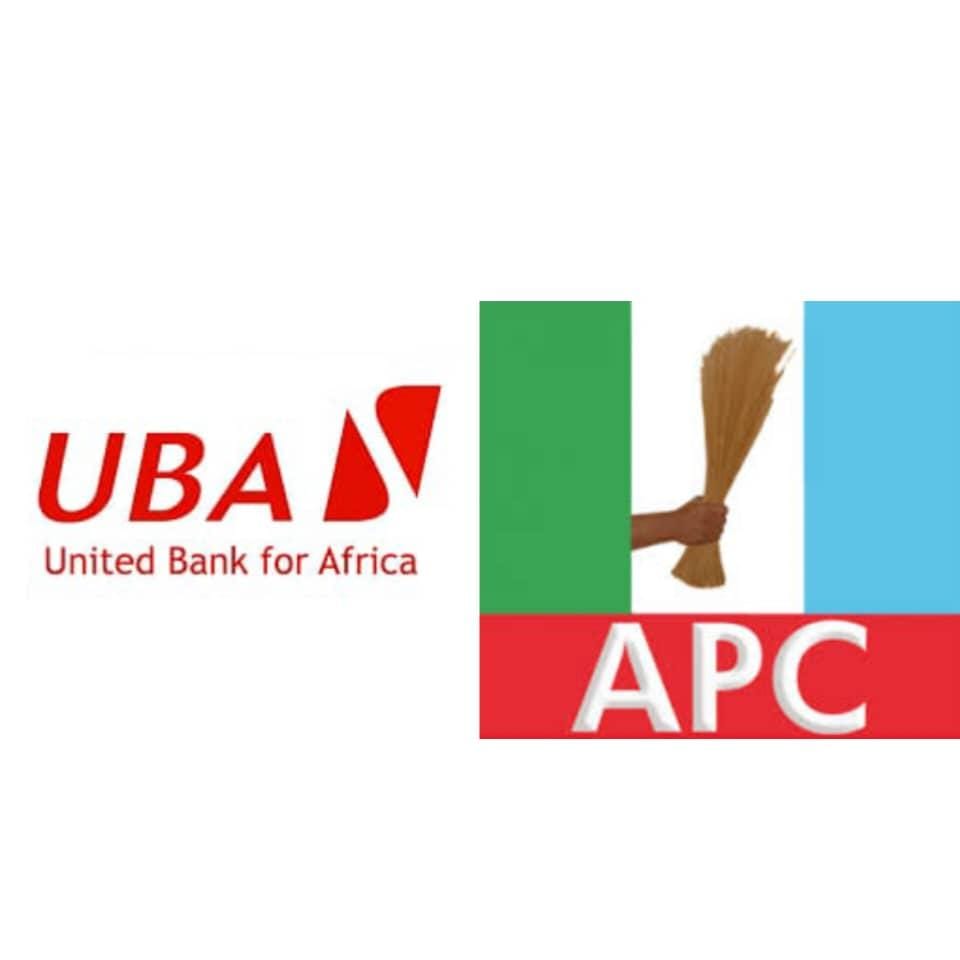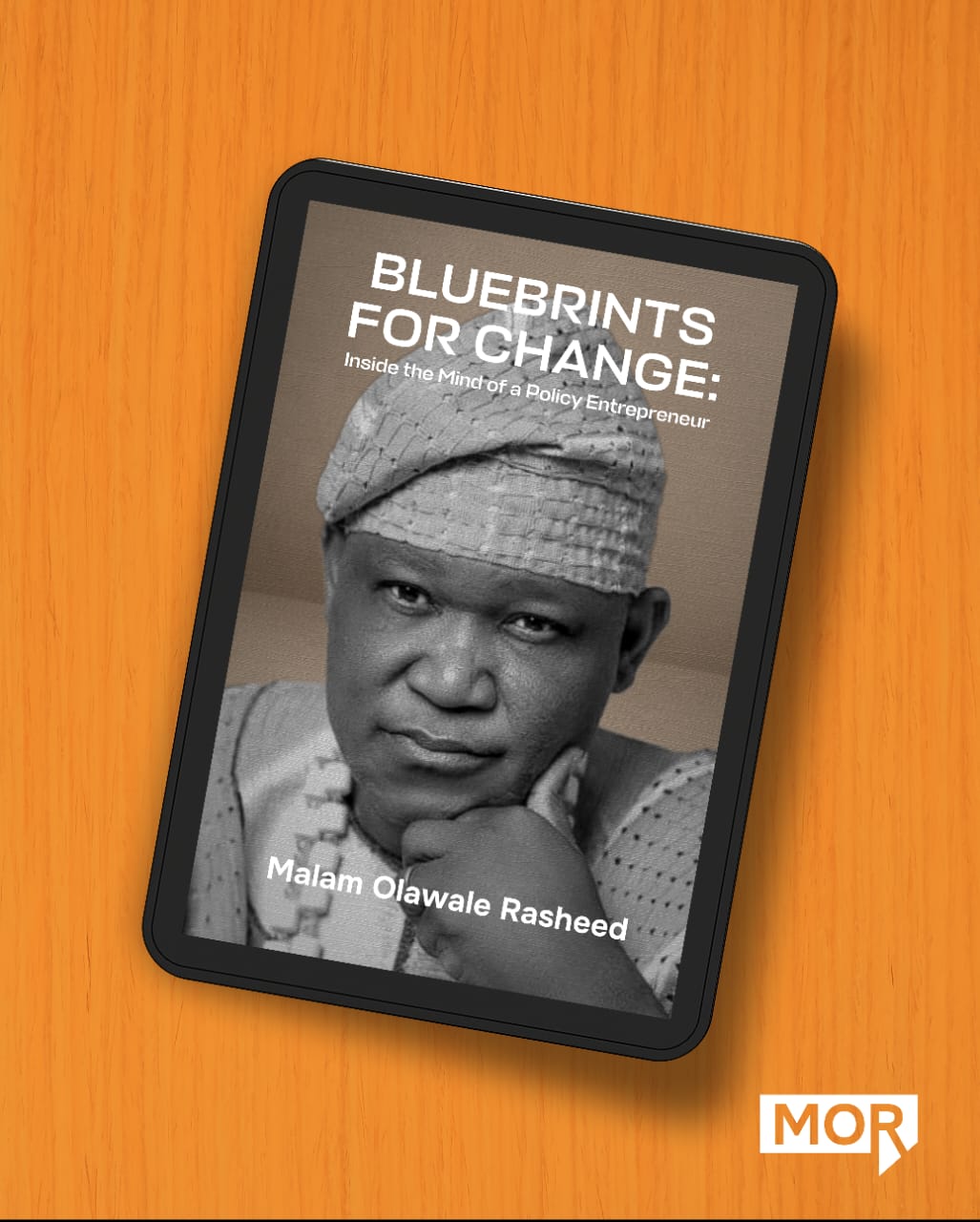Bronx Community College of the City University of New York Retired Charismatic, Diplomatic and visionary Professor, Andrew Ifemidayo Akinmoladun, has highlighted the Historic changes in Nigerian Monetary Policy that led to inflation in the country.
According to him, Professor Andrew Ifemidayo Akinmoladun, a House of Representatives aspirant for the Oriade/Obokun Federal Constituency in the 2023 election, stated..
Below Are The Historic changes in Nigerian monetary policy that led to inflation could include:
1. Exchange Rate Policies: Fluctuations in exchange rate regimes, such as moving from a fixed exchange rate system to a floating exchange rate system, could impact inflation rates due to changes in the cost of imports and exports.
2. Interest Rate Adjustments: Changes in the central bank’s interest rate policies can influence inflation by affecting borrowing costs, consumer spending, and investment levels.
3. Money Supply Expansion: Instances where the central bank significantly increased the money supply without corresponding economic growth or productivity improvements could lead to inflationary pressures.
4. Fiscal Policy Changes: Alterations in government spending, taxation, or borrowing policies can impact inflation by affecting aggregate demand in the economy.
5. Currency Devaluation: If the Nigerian government devalued its currency to boost exports or address balance of payment issues, it could lead to imported inflation as the cost of imported goods and services increases.
6. Fuel Subsidy Removal: Removing subsidies on fuel prices can lead to higher transportation costs, which could cascade into higher prices for goods and services throughout the economy.
7. Supply Chain Disruptions: Events such as conflicts, natural disasters, or disruptions to key industries could lead to supply shortages, causing prices to rise and contributing to inflationary pressures.
8. Government Debt Monetization: Instances where the government directly finances its spending by borrowing from the central bank can lead to an increase in the money supply and inflation.
9. Corruption and Mismanagement: Instances of corruption or mismanagement in the banking sector or government can undermine confidence in the currency and lead to inflationary pressures.
10. Policy Reversals or Instability: Sudden reversals or inconsistencies in monetary policies can create uncertainty in the economy, leading to speculative behavior and inflationary pressures.
To ameliorate historical changes in Nigerian monetary policies that led to inflation, several solutions can be considered:
1. Stable Monetary Policy Framework: Establish a clear and stable monetary policy framework with a focus on price stability as the primary objective. This could involve setting inflation targets and implementing transparent policy measures to achieve them.
2. Independent Central Bank: Ensure the independence of the central bank to make monetary policy decisions free from political interference, allowing it to focus on long-term economic stability rather than short-term political goals.
3. Sound Fiscal Policy: Coordinate monetary policy with fiscal policy to ensure consistency and avoid conflicting objectives. Fiscal discipline, including responsible budgeting and debt management, can help reduce the need for monetization of government deficits.
4. Exchange Rate Stability: Implement policies to promote exchange rate stability, such as maintaining adequate foreign exchange reserves, managing capital flows effectively, and adopting exchange rate regimes that are appropriate for economic conditions.
5. Interest Rate Management: Use interest rate policy effectively to manage inflation expectations and balance the need for price stability with the promotion of economic growth and employment.
6. Financial Sector Reform:
Strengthen the regulatory and supervisory framework for the financial sector to enhance stability, improve transparency, and mitigate systemic risks.
7. Investment in Infrastructure: Invest in critical infrastructure projects to improve productivity, reduce production costs, and enhance the competitiveness of Nigerian industries, thereby reducing reliance on imported goods and services.
8. Diversification of the Economy: Promote economic diversification away from oil dependence by supporting sectors with high growth potential, such as agriculture, manufacturing, and services. This can reduce vulnerability to external shocks and contribute to sustainable economic growth.
9. Enhanced Transparency and Accountability: Improve transparency and accountability in government institutions, including the central bank, to build public trust and confidence in monetary policy decisions.
10. Capacity Building and Institutional Strengthening: Invest in human capital development and institutional capacity building to ensure that policymakers have the skills and resources needed to formulate and implement effective monetary policies.
By: Bronx Community College of the City University of New York Retired Charismatic, Diplomatic and Visionary Professor, Andrew Ifemidayo Akinmoladun, a House of Representatives aspirant for the Oriade/Obokun Federal Constituency in the 2023 election.



